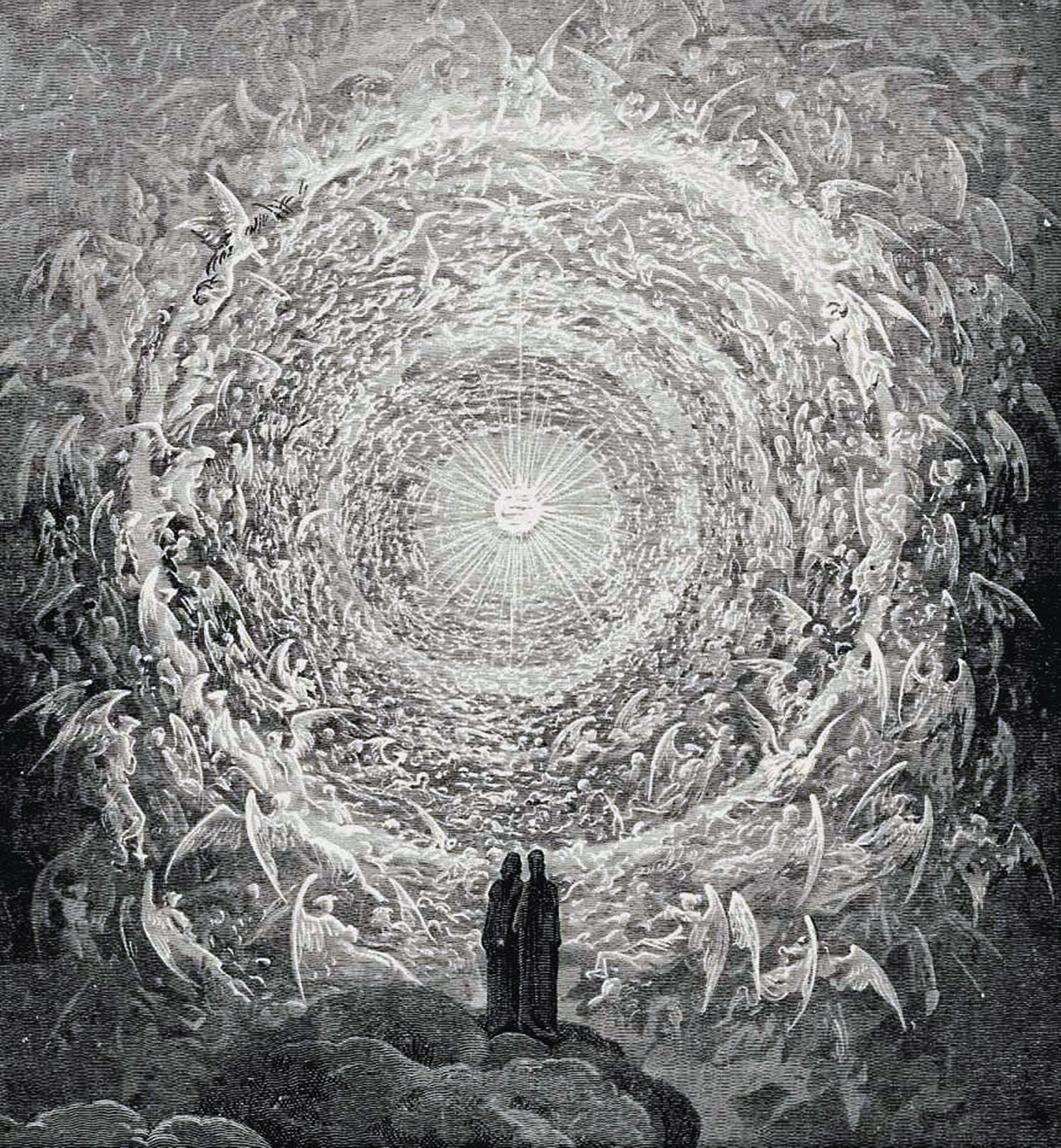In this post, by the English poet, Andrew Thornton- Norris, he discusses the 'inculturation of the gospel into modern culture through the redemption of Romanticism'. Many who study literature will think of the Romantic poets of England - Wordsworth or Coleridge for example as perhaps the height of poetry in the English language. Thornton-Norris does not deny their brilliance, but says that we should be looking for something greater than this as we seek to transform the culture today. For him, raising Romantic poetry and literature up to something even greater, 'represents a movement back from a religion of art to a religious art which recognises the Glory of the Lord'. Romanticism and the attempt to escape it through formal Modernist strategies is the inescapable condition of modern art. This is the consequence of the spiritual individualism that is the result of the reformation, and the political and moral individualism that is its consequence. The refusal to accept the external authority of tradition or of the Magisterium means that each man is an island adrift in his own futile attempt to reconstruct a value system that re-connects him with a community and with objective reality.
This is the modern condition and its aesthetic consequence is Romanticism. The legitimate natural impulse towards transcendental beauty has no external object towards which to be directed, and so is tragically misdirected within, towards the creative impulse itself, thus becoming a religion of art. This can be seen in Wordsworth’s Prelude, Coleridge’s Rime, Beethoven’s Symphonies and Wagner’s Operas, as well as the whole movement from Impressionism towards Abstraction and Conceptualism in art.
I do not mean that these Romantic artists and the reactions to them are bad, quite the reverse, they are heroically good given the circumstances, just that they all contain a Romantic understanding of the universe, which turns art into a quasi-religious experience or act. This is damaging to both art and religion, because it expects too much of art, the replacement of religion, and thus contains flawed religious assumptions. Romanticism by the way is simply the flip-side of the Rationalism of the Enlightenment, and the endless movements that succeed them like the tides are more or less restatements of these basic positions.
The loss of the transcendent object of beauty, The Glory of the Lord ("the beauty of his Wisdom") is the central theme of the work of Hans Urs Von Balthasar and his attempt to restore it for us. This is how Romanticism may be redeemed, and the integrity of modern art restored, through the re-establishment of the proper relationship of religion and art. The recognition that neither art nor the human person are worthy objects of worship reminds us that this is the idolatry natural to those who have not been effectively schooled in religious truth. The answer and the way to practice art successfully in this context is to re-accept the Magisterium which as always is our redemption.
Andrew Thornton-Norris is a regular contributor to the Imaginative Conservative and on the faculty of Pontifex.University. His online course for Pontifex, The Romance of the Soul, is a study of mystical poetry, including the work of poets such as Gerard Manley Hopkins, Dante, St John of the Cross, T.S. Eliot and John Burnside.


